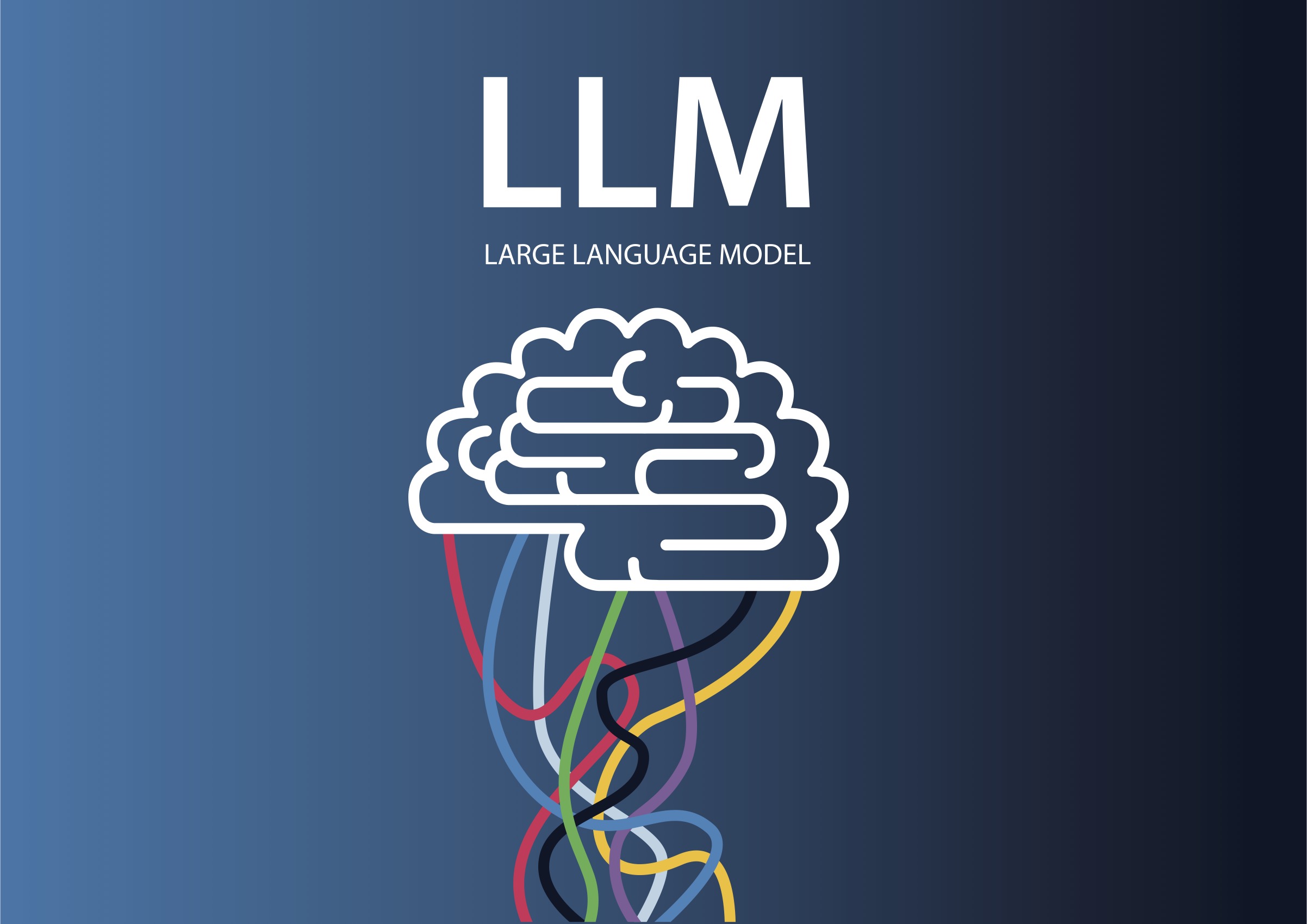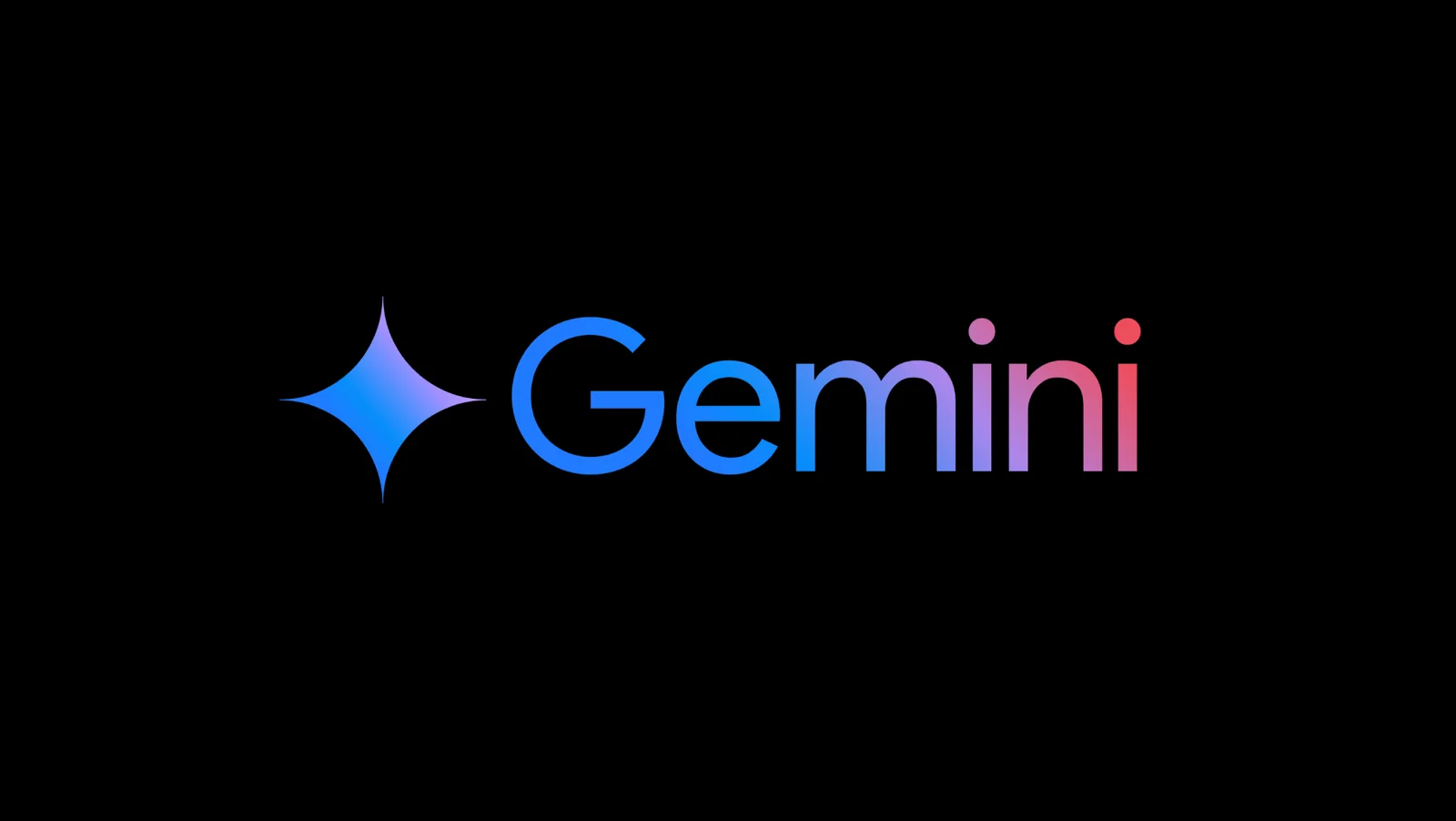Some of the world’s most influential technologists (the creators of Python, Kubernetes, Google Docs, Google Lens, RSS feeds and ONNX) are now helping Microsoft shape the next era of AI.
Drawn by the company’s scale, openness to collaboration, and long-term investment in AI, they are leading projects that span infrastructure, productivity, responsible innovation and reasoning systems.
R.V. Guha, who invented RSS feeds, is developing NLWeb, a project that lets users converse directly with websites.
Brendan Burns, co-creator of Kubernetes, focuses on improving AI tools that simplify developers’ work. At the same time, Aparna Chennapragada, the mind behind Google Lens, now leads efforts to build intelligent AI agents and enhance productivity through Microsoft 365 Copilot.
Sarah Bird, who helped create the ONNX framework, leads Microsoft’s responsible AI division, ensuring that emerging systems are safe, secure and reliable.
Meanwhile, Sam Schillace, co-creator of Google Docs, explores ways AI can collaborate with people more naturally. Python’s creator, Guido van Rossum, works on systems to strengthen AI’s long-term memory across conversations.
Together, these innovators illustrate how Microsoft has become a magnet for the pioneers who defined modern computing, and they are now united in advancing the next stage of AI’s evolution.
Would you like to learn more about AI, tech and digital diplomacy? If so, ask our Diplo chatbot!










